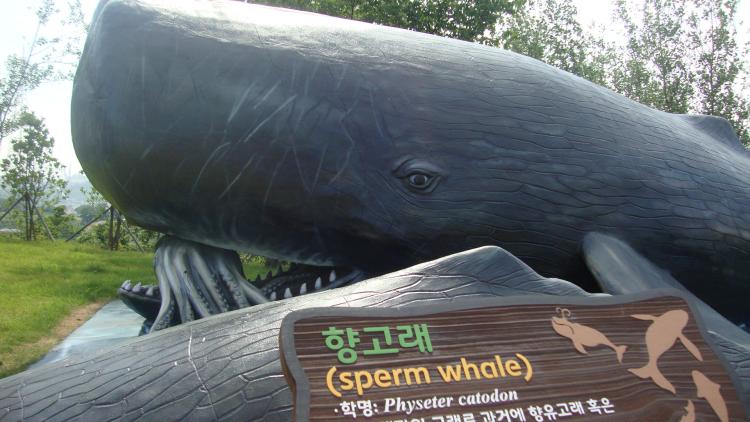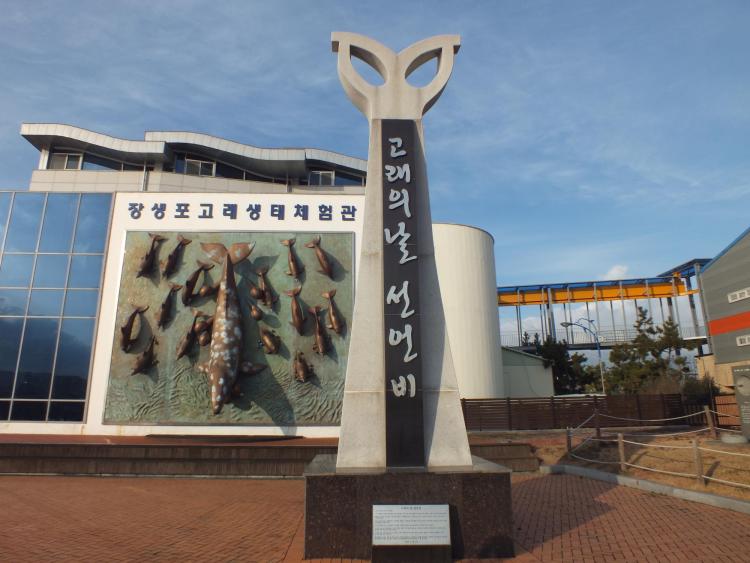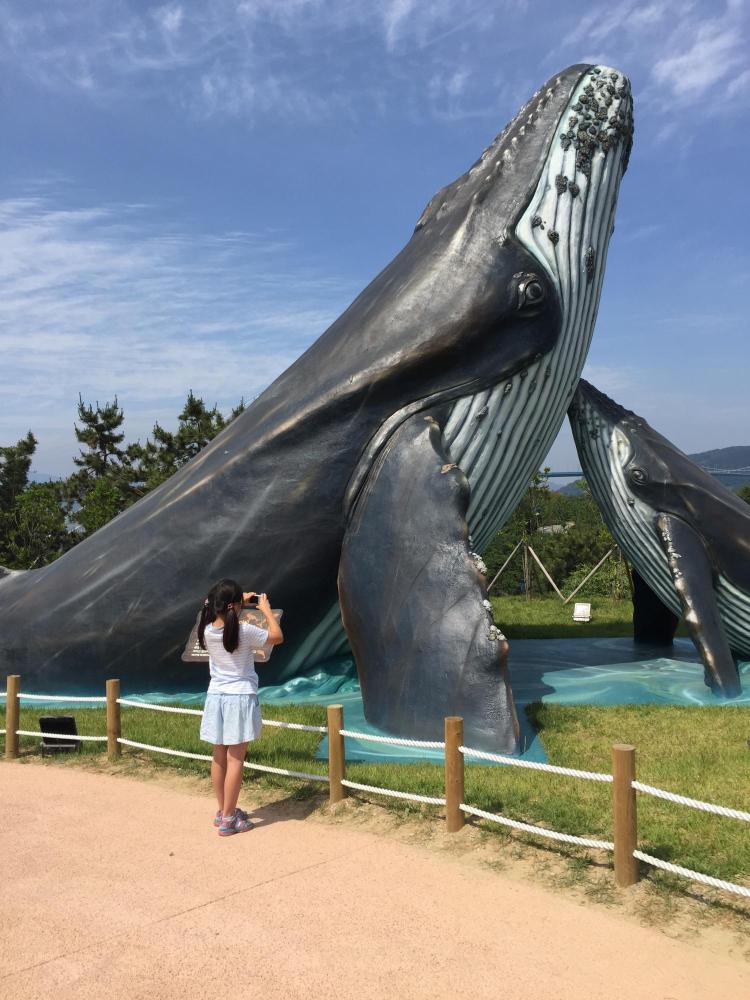In the southeastern coastal city of Ulsan in Korea, people continue to defy the global taboo on eating whale meat, which they believe is an important social practice for local identity. The Nam-gu District in the City of Ulsan has created the Special Zone for Whale Culture as a spatial territory in which many divergent social practices related to whales are carried out. In this tourist zone, how are the elements of Ulsan whale culture invented, and how are they attached to a specific place? Using the concept of landscape, I argue that place-making practices are carried out to produce different kinds of whales as material realities. I analyze three of the many kinds of whales that are produced: the natural history whale, the whale as meat, and the whale as object of conservation. I conclude by arguing that these materialized whales are not separate, but relational entities which contribute to local identity through their enactment in the landscape.
Co-sponsored by the Center for Asian Studies (CAS). Hosted by Timothy Oakes.
Bradley Tatar
Ulsan National Institute of Science and Technology
South Korea (CAS Visiting Scholar)




